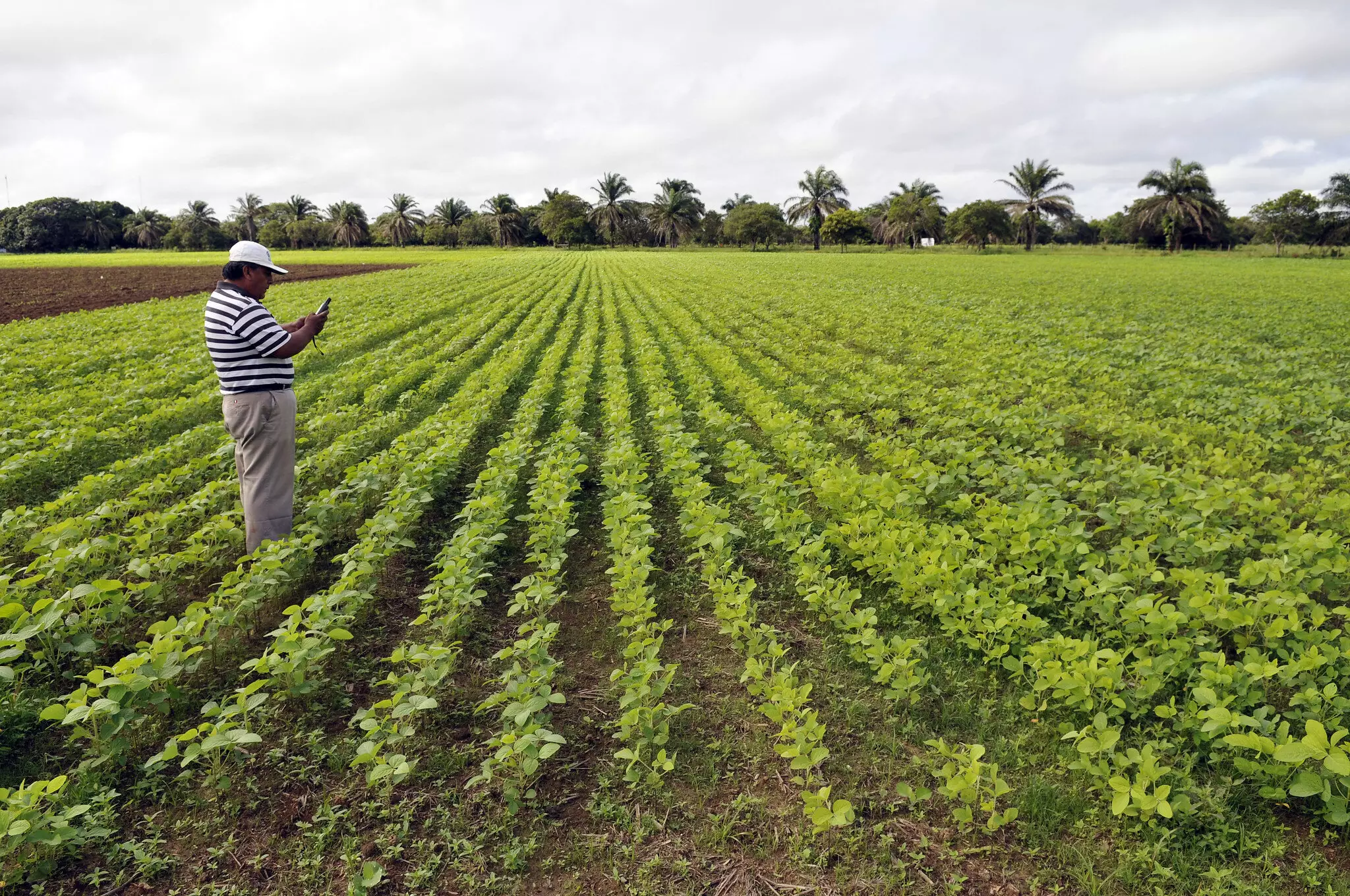Foreign direct investment (FDI) is often hailed as a boon for developing countries, promising economic growth, job creation, and increased competitiveness. However, when it comes to certain sectors such as agriculture, especially in tropical regions, the narrative takes a darker turn. The link between FDI and environmental deterioration, particularly in the extractive industries, is well-documented. But the question arises: are food systems now becoming another facet of this extractive paradigm? Recent research reveals alarming connections between FDI in agriculture and rampant deforestation, with implications that extend far beyond mere ecosystem loss.
The significant claim of agriculture being the dominant driver of deforestation cannot be overstated, especially in tropical regions enriched with biodiversity. Such countries are home to some of the planet’s last great forests, making it crucial to scrutinize how FDI navigates these sensitive environments. The evidence emerging from extensive studies emphasizes that, far from mitigating environmental harm, FDIs could be accelerating tree cover loss and biodiversity decline. As the demand for agribusiness fuels urban consumption, we must interrogate the sustainability narratives often attached to foreign investments.
New Research: A Data-Driven Approach
A groundbreaking study utilising machine learning has recently emerged, providing fresh insights into the role of FDI in food systems and their ill effects on deforestation. Analyzing data from 40 tropical and subtropical countries over a span from 2004 to 2021, researchers sought to comprehend the intricate interconnections between food systems and environmental degradation. The findings underscore the necessity to adopt a food systems perspective, which goes beyond merely focusing on food production.
Utilizing advanced algorithms, researchers were able to pinpoint FDI and urbanization as significant offenders when it comes to tree cover loss, outpacing traditional economic indicators like GDP growth and trade volumes. Notably, the study illuminates how shifts in dietary preferences linked to urbanization have facilitated the supermarketization of food, affecting traditional land use and fueling deforestation. It’s a stark reminder that a modern food system can simultaneously precipitate ecological ruin while meeting consumer demands.
Implications of “Supermarketization”
The transition towards a global food consumption model dominated by ultra-processed items has been largely bolstered by FDI. Ingredients like soy, palm oil, and sugarcane—often produced on deforested land—feed an increasing insatiable palate for meat and processed foods. This transformation is not just an issue of agricultural production; it speaks volumes about the relationship between our consumption habits and environmental integrity.
Experts articulate that as food systems evolve due to intensifying foreign investment, local populations become increasingly disconnected from their food sources. This detachment creates a breeding ground for various public health issues, including obesity and diabetes—conditions that are exacerbated by diets laden with unhealthy, processed foods. Hence, while FDI might appear economically lucrative, the broader societal consequences cannot be ignored.
Redefining the Role of Policy and Governance
Given the intertwined nature of FDI, urban consumption, and deforestation, policymakers face mounting pressure to foster a governance framework that favors environmental sustainability. It prompts the urgent need for enhanced scrutiny of investment proposals, advocating for a dual focus on economic benefits and conservation.
Proposed measures include implementing rigorous standards to ensure compliance with environmental norms and compelling foreign investors to align their strategies with domestic priorities aimed at curbing deforestation. The unfolding narrative necessitates that awareness campaigns around the implications of urbanization on food consumption become integrated into both policy and public discourse.
Looking Ahead: The Need for Holistic Solutions
Navigating the complexities of FDI impacts on food systems calls for innovative thinking and multi-faceted approaches. Future research efforts should broaden the conversation to encompass how FDI reshapes land value dynamics. As demand for agricultural land surges, so does its cost. An investment in food production inherently transforms the land into a financial asset.
Recognition of the overarching threats posed by unfettered FDI in agriculture highlights the imperative for integrated strategies that advocate for sustainable development goals. The pressing reality is that without addressing the multifaceted drivers of deforestation—from domestic consumption trends, trade dynamics, to the roles of local and global institutions—efforts against deforestation may remain ineffective and superficial. Understanding this relationship ultimately serves as the cornerstone of developing comprehensive solutions that preserve our planet’s forests while promoting sustainable economic growth.


Leave a Reply